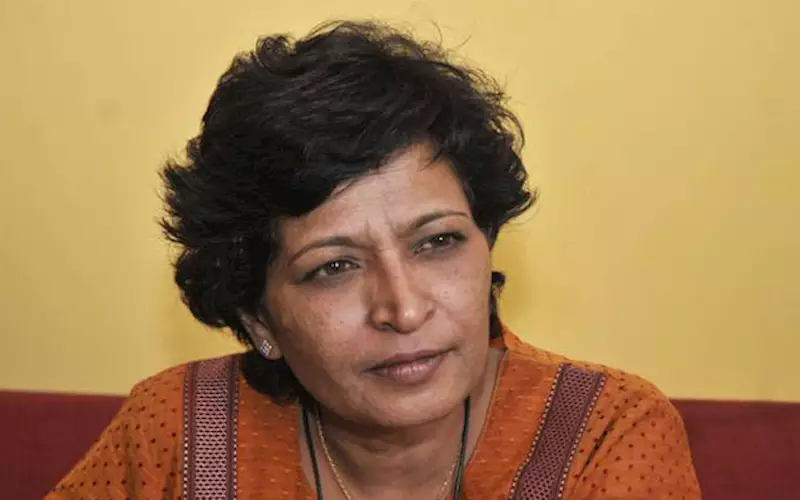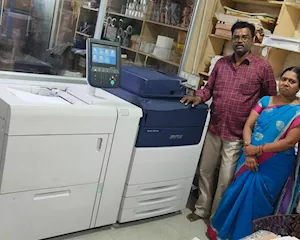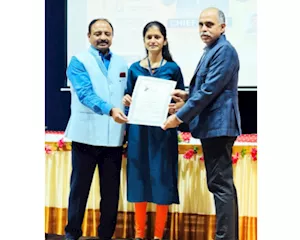Print journalist Gauri Lankesh shot dead
A senior journalist and activist, Gauri Lankesh (55), was shot dead outside her home in Rajarajeshwari Nagar in Bengaluru on the evening of 5 September.
A total of seven bullets were fired of which three bullets struck her, one on the forehead, reported news agency IANS.
06 Sep 2017 | By Sriraam Selvam
Chief Minister of Karnataka, Siddaramaiah stated that three police teams shall investigate the murder of Gauri Lankesh and that the culprits must be caught. "I have spoken to the police commissioner and the director general of police," Siddaramaiah said.
Gauri Lankesh published Gauri Lankesh Patrike a weekly Kannada tabloid. The tabloid did not solicit advertisements and is managed by a team of 50. In her work, she was strident critic of communal politics as well as the caste system. Lankesh was the daughter of famous poet-turned-journalist P Lankesh, who began Lankesh Patrike.
The murder evoked shock all across India and top scribes and journalist bodies have condemned the killing.
Wan-Ifra, the global association of the world's press, which had issued a statement during a spate of journalist killings across the world, said, "Killing journalists is the ultimate form of censorship, and a direct attack on society as a whole. Yet far too often, the perpetrators of these crimes never face prosecution. These murders should be prosecuted thoroughly and those responsible brought to justice. Journalists must be able to exercise their right to freedom of expression without fear of violence."
India has a poor track record on this front. The report by the Committee to Protect Journalists (CPJ’s) 2016 Global Impunity Index spotlights countries where journalists are slain and the killers go free. India ranks 13 in this list. Somalia, Syria and Iraq top this list.
The CPJ report says 13 Indian print journalists have been killed with complete impunity in the past decade.
In 2015, the statutory Press Council of India recommended that the Central Bureau of Investigation (CBI) handle cases of journalists murdered and that Parliament enact a new journalist safety law.
In addition to failing to solve any journalist murder, the Indian government has never responded to UNESCO's requests for the judicial status of journalist killings in the country.














 See All
See All